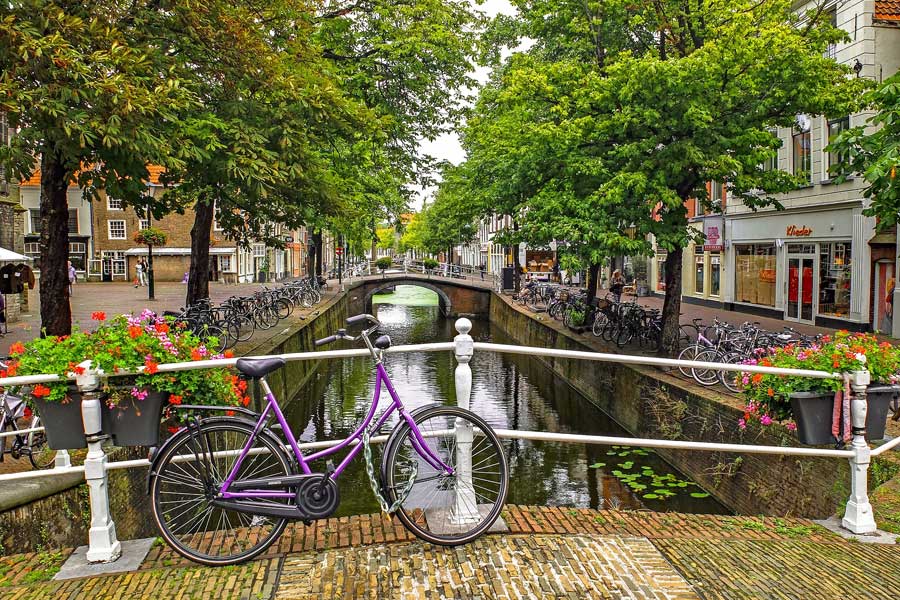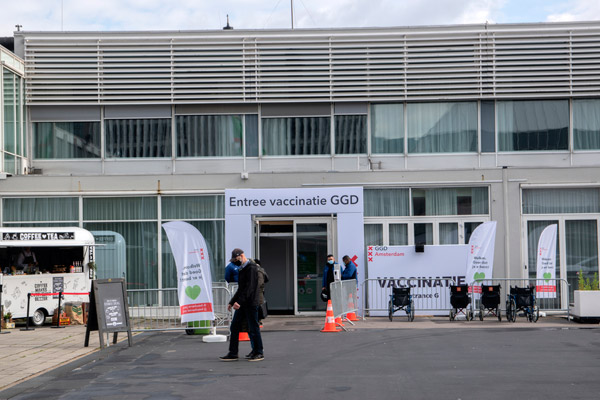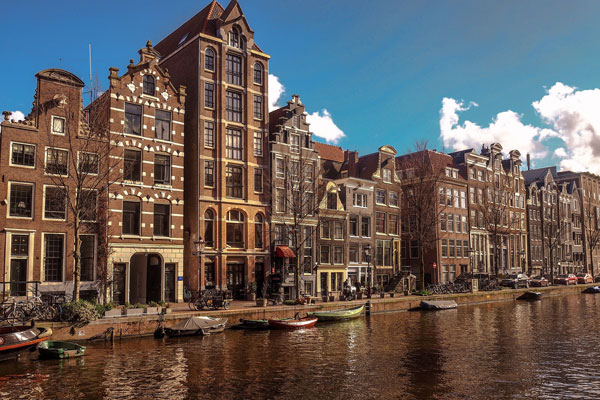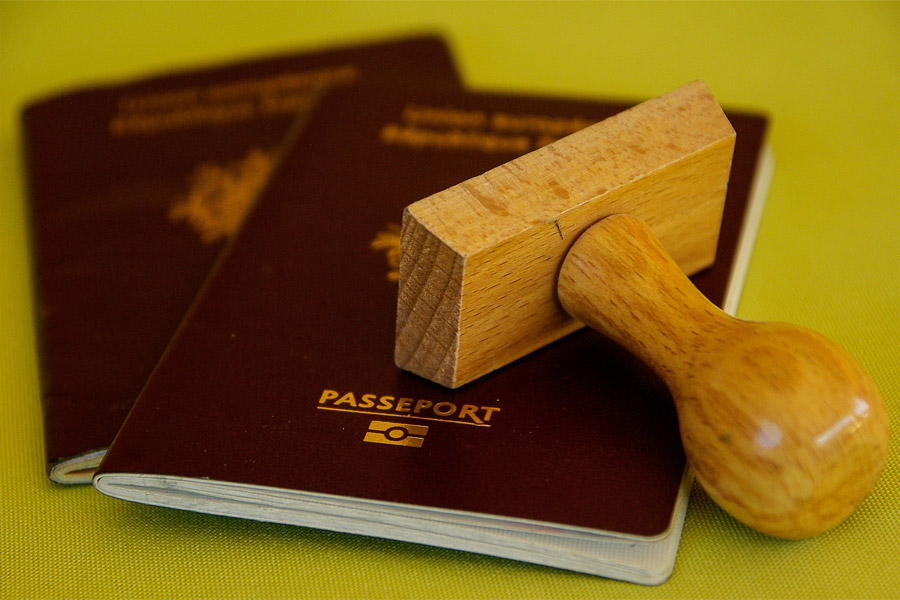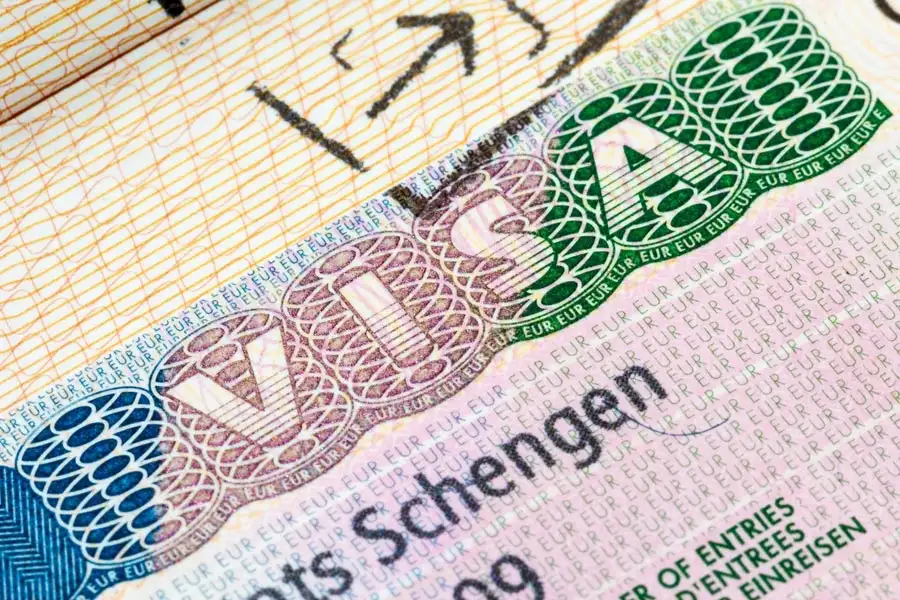In order to be legally employed in the Netherlands s a non-EU expat, you need to have a valid residence permit. There are a few different options you can opt for when it comes to work residence permits. Each of these options will have different advantages and will serve you better depending on the nature of your job and a few other factors.
In this article we will discuss the 3 most requested residence permits by our clients.
Highly skilled migrant permit
The highly skilled migrant permit is the most popular work permit in the Netherlands. It allows you to work and live in the Netherlands as long as your contract with your company is valid. Therefore, the validity of your residence permit will be the same as your work contract, with a minimum validity of 3 months and a maximum of 5 years and a possibility of extension.
The reason for its popularity is the relatively less stricter requirements compared to the other work permits. This type of residence permit is also recommended for small and medium companies as it is more affordable compared to the EU blue card when it comes to salary requirements and flexibility.
GVVA (paid employment)
The GVVA work permit is a work permit issued by the Dutch government to allow foreign nationals to work in the Netherlands. The permit is valid for a maximum of four years and allows the holder to work in any job in the Netherlands. The work permit is issued by the Immigration and Naturalisation Service (IND) and is valid for the whole of the Netherlands.
The GVVA work permit is a so-called ‘single permit’. This means that it gives the holder the right to work and reside in the Netherlands. The holder does not need to apply for a separate residence permit or work permit.
However, due to the very strict rules to get this permit, it is only a viable option for a handful of job positions. In order to get this visa, the employer has to prove that he could not fulfil this position by conducting a continuous search for a period of no less than 3 months all over the European Union.
GVVA is only recommended for extremely scarce job positions, for example a nurse with a specific skill set or a technician that knows how to repair a rare kind of machinery.
EU blue card
The EU blue card is known for its strict rules and difficult requirements. Most companies try to avoid it by applying for a highly skilled migrant residence permit instead. However, in some cases, the company is better off with an EU blue card depending on the job’s nature.
More information about the EU blue card.
Start up and freelance residence permits
These permits are reserved for people who would like to have their own companies or freelance in the Netherlands. These permits have their own requirements and can also be very strict depending on what kind of company you wish to start.
More information about start-up and freelance residence permits.

